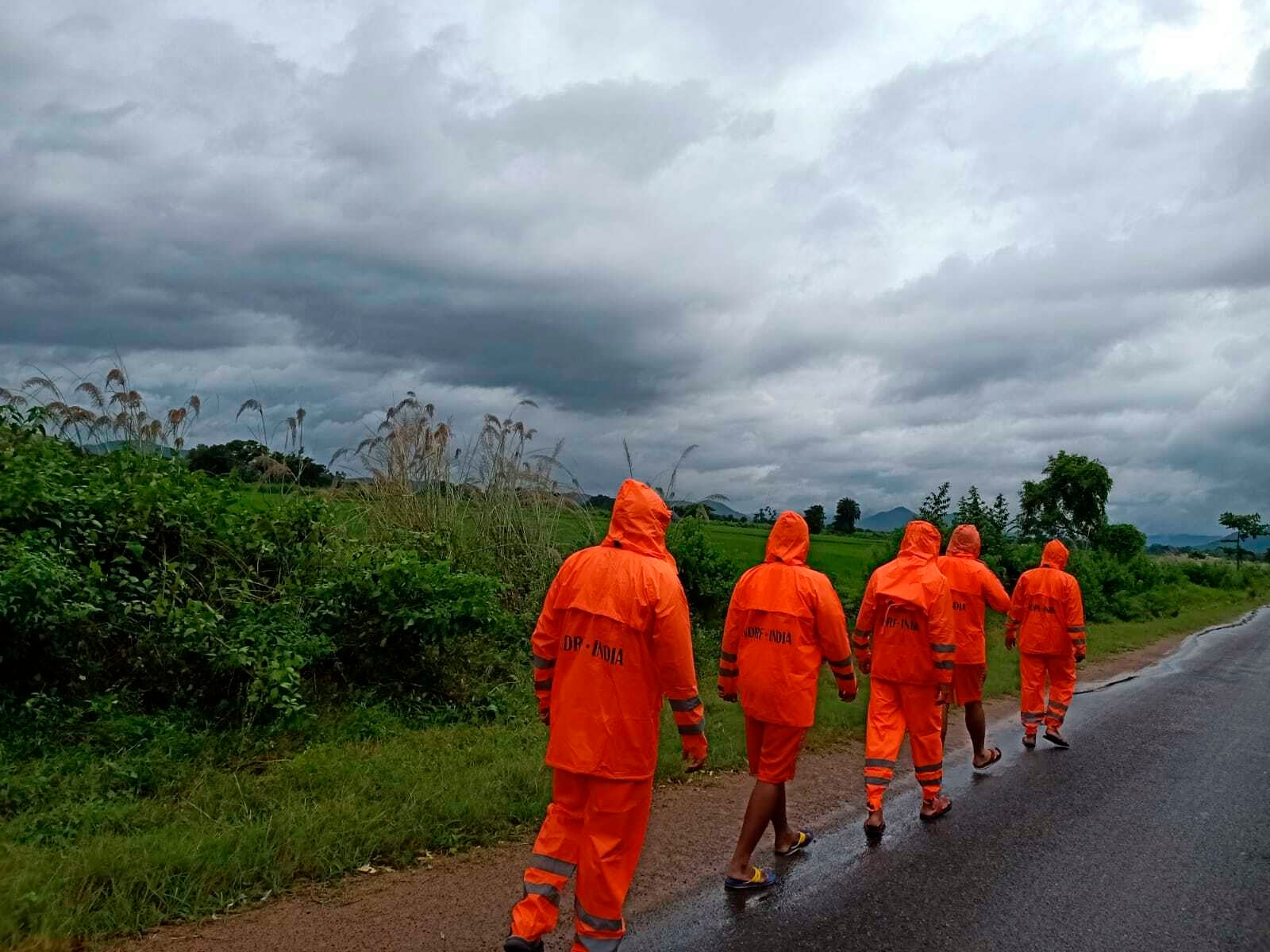India's eastern coast on high alert as cyclone hits land
Authorities in two Indian coastal states are on high alert with evacuations and preparations underway as a cyclone hit the eastern seaboard

Your support helps us to tell the story
From reproductive rights to climate change to Big Tech, The Independent is on the ground when the story is developing. Whether it's investigating the financials of Elon Musk's pro-Trump PAC or producing our latest documentary, 'The A Word', which shines a light on the American women fighting for reproductive rights, we know how important it is to parse out the facts from the messaging.
At such a critical moment in US history, we need reporters on the ground. Your donation allows us to keep sending journalists to speak to both sides of the story.
The Independent is trusted by Americans across the entire political spectrum. And unlike many other quality news outlets, we choose not to lock Americans out of our reporting and analysis with paywalls. We believe quality journalism should be available to everyone, paid for by those who can afford it.
Your support makes all the difference.Authorities in two Indian coastal states are on high alert, with evacuations and preparations underway as a cyclone hit the eastern seaboard late Sunday evening.
The Indian Meteorological Department said Cyclone Gulab, coming in from the Bay of Bengal began to make landfall with an estimated wind speed of up to 95 kilometers (59 miles) per hour.
A number of National Disaster Response Force teams have been deployed to the eastern state of Odisha where thousands of people have been evacuated, and the southern state of Andhra Pradesh.
Residents in low-lying coastal areas in Andhra Pradesh's Srikakulam districts were being moved to safety, with similar preparations underway in other vulnerable spots.
Forecasts say the storm will trigger heavy rains and possible flooding over the next few days. Trains have been canceled or rescheduled and authorities urged people to stay at home.
Prime Minister Narendra Modi said he has spoken to chief ministers in both states, assuring them of support. “I pray for everyone's safety and well-being,” he tweeted.
In May, a massive storm lashed India's western coast, killing at least 140 people. Just over a week later, another cyclone slammed the country's eastern coast and neighboring Bangladesh leaving at least six dead as authorities scrambled to evacuate over a million people.
India's eastern coast is no stranger to devastating cyclones, but changing climate patterns have caused them to become more intense.